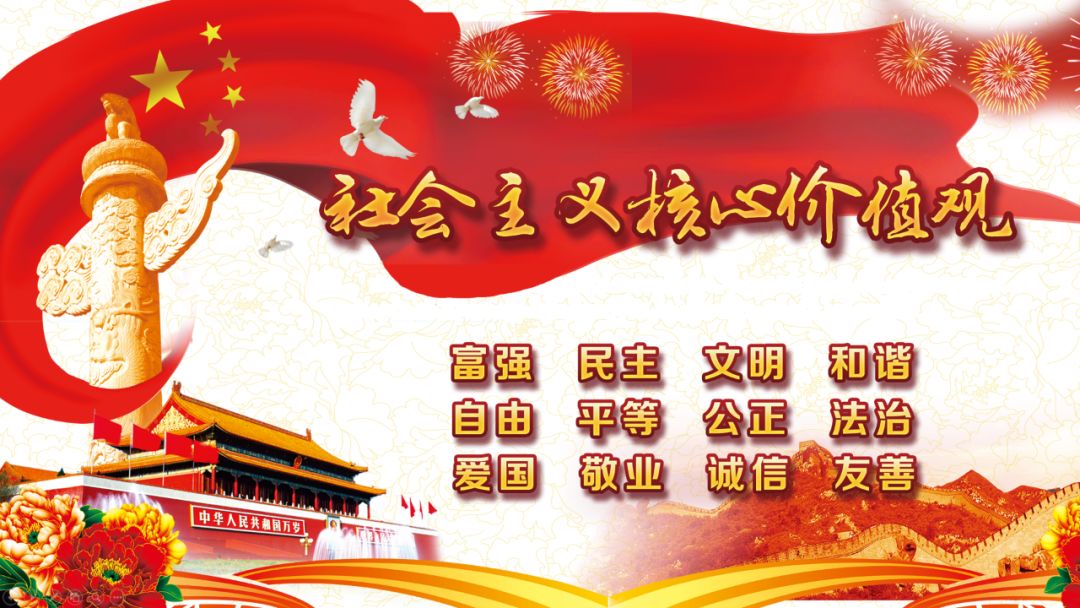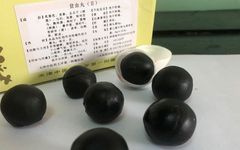
☞【Tianjin First Affiliated Hospital of Traditional Chinese Medicine Smart Outpatient Service Guide】☜
☞【Mobile Access to Test Reports】☜
☞【Today’s Public Welfare: Gynecology and Breast Surgery Health Consultation】☜
Author: Formulation Room, Song Jiejin
Many friends encounter the issue of choosing between different forms of the same medication when purchasing at a pharmacy. It can be confusing, especially when the same type of pill is categorized into Da Mi Wan (Large Honey Pills), Xiao Mi Wan (Small Honey Pills), Shui Mi Wan (Water Honey Pills), and Concentrated Pills, with significant price differences. How should one choose? Let’s explore this together.
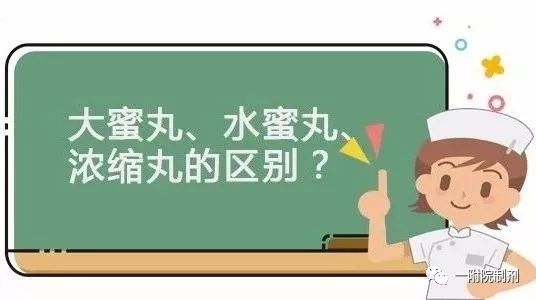
 Da Mi Wan (Large Honey Pills)
Da Mi Wan (Large Honey Pills)
Experience of Use★★
Production Cost★★★
Sugar Content★★★
Honey pills are made by using refined honey as a binder for finely powdered medicinal herbs. They are characterized by their sweet taste, moistening properties, and gentle effects, making them widely used in clinical practice in Traditional Chinese Medicine (TCM) and having a long history. Honey is rich in nutrients and has functions such as 润肺止咳 (moistening the lungs and stopping cough) and 润肠通便 (moistening the intestines and promoting bowel movements). It also has a soft texture, slow absorption, and mild effects. Tonic herbs, pediatric medications, and valuable herbs containing volatile components are often made into honey pills.
Refined honey has a low moisture content, making honey pills easy to store without the need for medicinal preservatives, thus having a long shelf life. However, due to their large size, Da Mi Wan needs to be chewed when taken, which can be unpleasant. Therefore, they can also be rolled into smaller pills and swallowed with water.
 Xiao Mi Wan (Small Honey Pills)
Xiao Mi Wan (Small Honey Pills)
Experience of Use★★★★
Production Cost★★★
Sugar Content★★★
The only difference between Xiao Mi Wan and Da Mi Wan is their weight. Pills weighing 0.5g or more (including 0.5g) are called Da Mi Wan, generally ranging from 3-9g, while those weighing less than 0.5g are called Xiao Mi Wan. Xiao Mi Wan is easier to swallow than Da Mi Wan, making it more convenient for individuals with swallowing difficulties or for children.
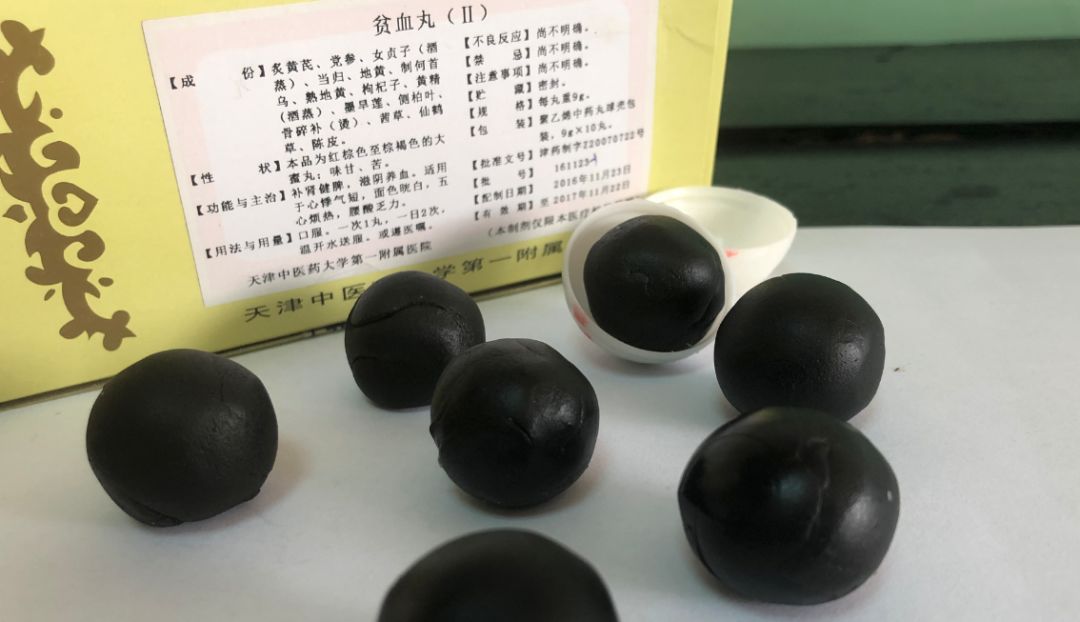
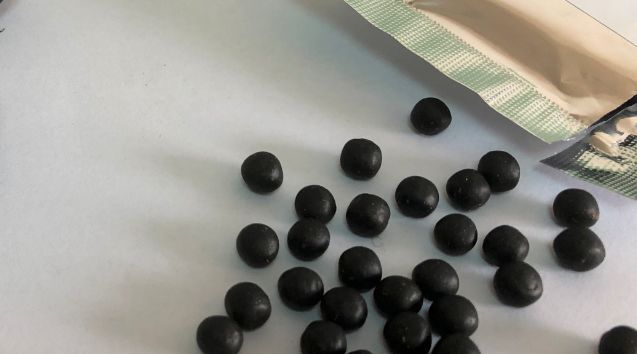
 Shui Mi Wan (Water Honey Pills)
Shui Mi Wan (Water Honey Pills)
Experience of Use★★★★
Production Cost★★
Sugar Content★★
Shui Mi Wan has a much shorter history than Da Mi Wan. It was developed by Chinese pharmacists after the liberation based on the principles of making water pills. The main difference between Shui Mi Wan and Da Mi Wan is the binder used; Shui Mi Wan uses honey that has been refined with water for binding the medicinal powder, which saves on honey costs and is easier to store. In the southern provinces of China, where the climate is more humid, there are more producers of Shui Mi Wan.
In terms of efficacy, Shui Mi Wan and Da Mi Wan are basically consistent. Shui Mi Wan is simpler to produce, has higher production efficiency, and the pills are smaller, smooth, and easy to swallow. However, their medicinal properties are often not as gentle as those of Da Mi Wan. Additionally, due to the lower honey content in Shui Mi Wan, individuals who need to control their blood sugar can choose this option with caution.
 Concentrated Pills
Concentrated Pills
Experience of Use★★★★
Production Cost★★★★
Sugar Content★
Concentrated pills refer to pills made from the decoction or extract of medicinal herbs that have been concentrated into a paste, combined with suitable excipients or powdered herbs. They are small in size, making them easy to take.
The characteristics of concentrated pills are that the medicinal ingredients are fully or partially extracted and concentrated, resulting in a smaller volume that is easy to take and absorb, thus enhancing their efficacy. They are also easier to store and less prone to mold. For example, Liu Wei Di Huang Wan (Six-Ingredient Rehmannia Pill) is specified in the Chinese Pharmacopoeia, where the dosage for Da Mi Wan and Xiao Mi Wan is 9g, containing 4-5g of Chinese medicine, while the dosage for concentrated pills is only 2.6g, which is 1/4 of the honey pills. However, due to the additional processing steps, concentrated pills are generally more expensive. Furthermore, herbs that contain volatile components or are prone to decomposition when heated are not suitable for making concentrated pills.

Although Da Mi Wan, Shui Mi Wan, and Concentrated Pills each have their own characteristics, their medicinal effects are basically consistent. Of course, differences in the origin of raw materials, manufacturing processes, and forms lead to significant variations in efficacy and price among different brands and forms of medications. Therefore, when selecting, it is essential to consider the needs of the user and it is advisable to listen to the recommendations of professional doctors or pharmacists.
END

Image Source: https://stocksnap.io/The above content is for health education and learning exchange purposes only.
